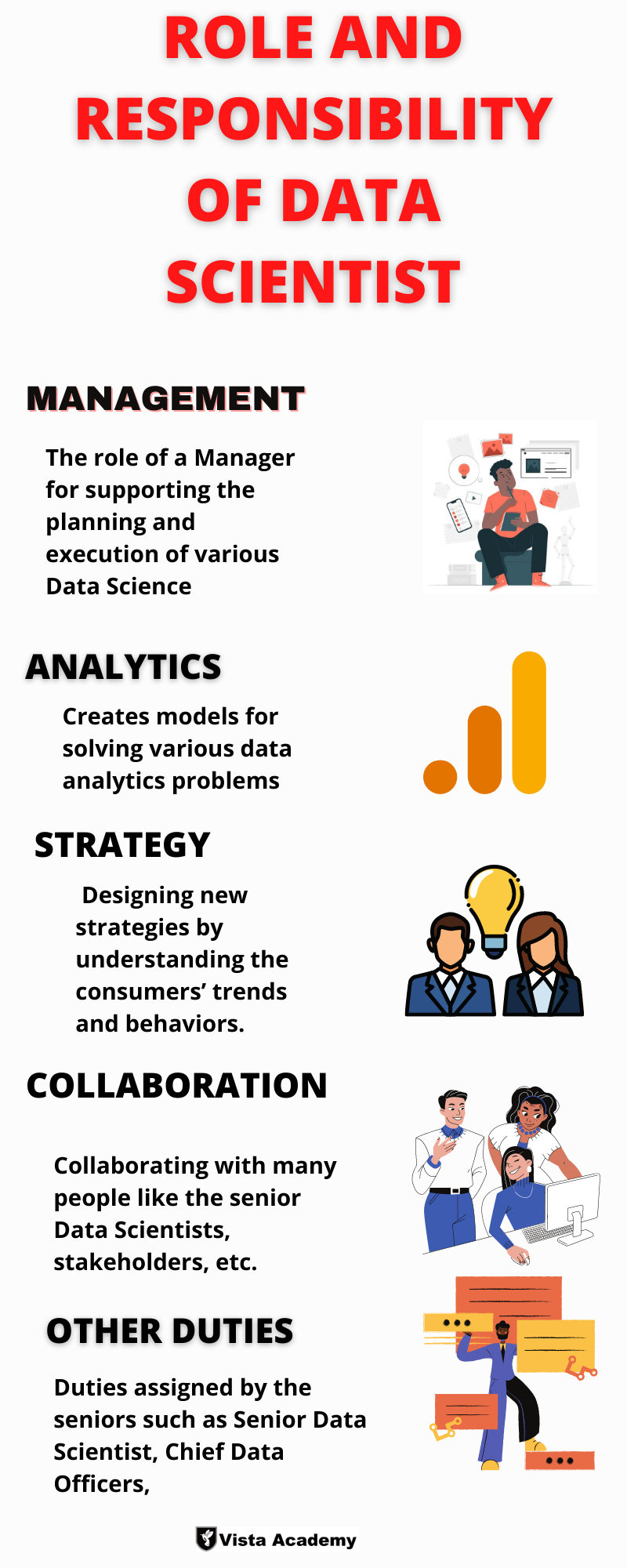Unraveling the Identity of a Data Scientist
Unraveling the Identity of a Data Scientist
In the dynamic landscape of the digital age, where information burgeons exponentially, the role of a data scientist emerges as a linchpin in unraveling the complexities of our world. But who is a data scientist? Is it merely a profession defined by coding prowess and statistical acumen, or does it encompass a broader array of skills and attributes? This blog delves into the multifaceted identity of a data scientist, exploring the amalgamation of technical proficiency, analytical insight, and creative problem-solving that defines this pivotal role in contemporary society.
At its core, a data scientist is a modern-day alchemist, transforming raw data into actionable insights and valuable knowledge. This transformative process requires a diverse skill set that spans across disciplines. First and foremost, proficiency in programming languages such as Python, R, or SQL forms the bedrock of a data scientist's toolkit. Mastery of these languages empowers them to manipulate large datasets, extract meaningful information, and develop robust algorithms to derive insights.
However, technical acumen alone does not suffice. A data scientist must possess a keen analytical mind capable of discerning patterns, trends, and anomalies hidden within the data labyrinth. Statistical expertise enables them to employ inferential and predictive modeling techniques, guiding decision-making processes with empirical evidence. Moreover, a nuanced understanding of machine learning algorithms equips them to harness the power of artificial intelligence, automating tasks, and uncovering intricate relationships within the data.

Yet, the essence of a data scientist extends beyond the realm of ones and zeros. Effective communication skills are indispensable, enabling them to translate complex analyses into comprehensible narratives for diverse stakeholders. Whether presenting findings to C-suite executives, collaborating with domain experts, or articulating insights to lay audiences, the ability to communicate persuasively is paramount. Moreover, a data scientist must exhibit adaptability and curiosity, continuously learning and evolving amidst the rapid advancements in technology and methodology.
Furthermore, ethical considerations loom large in the realm of data science. As custodians of vast troves of personal and sensitive information, data scientists bear the responsibility of upholding ethical standards and safeguarding privacy. Awareness of biases inherent in data collection and analysis is crucial, ensuring that algorithms do not perpetuate discrimination or amplify societal inequalities. Thus, integrity and ethical consciousness are integral facets of a data scientist's identity, guiding their actions and decisions in an increasingly data-driven world.
Beyond technical prowess and ethical considerations, a data scientist embodies a spirit of innovation and problem-solving. They are adept at reframing complex problems, devising novel methodologies, and pushing the boundaries of possibility. Whether optimizing business processes, predicting consumer behavior, or tackling pressing societal challenges, the ingenuity of data scientists fuels progress and drives innovation across diverse domains.
 In conclusion, the identity of a data scientist is multfaceted, encompassing technical proficiency, analytical insight, ethical consciousness, and creative problem-solving. They are the architects of the data-driven revolution, wielding algorithms and analytics to illuminate the path forward amidst the sea of information. As we navigate an increasingly complex and interconnected world, the role of data scientists becomes ever more indispensable, shaping our understanding, decisions, and aspirations for the future.
In conclusion, the identity of a data scientist is multfaceted, encompassing technical proficiency, analytical insight, ethical consciousness, and creative problem-solving. They are the architects of the data-driven revolution, wielding algorithms and analytics to illuminate the path forward amidst the sea of information. As we navigate an increasingly complex and interconnected world, the role of data scientists becomes ever more indispensable, shaping our understanding, decisions, and aspirations for the future.Compiled by: Pratiksha Bisht

Comments
Post a Comment